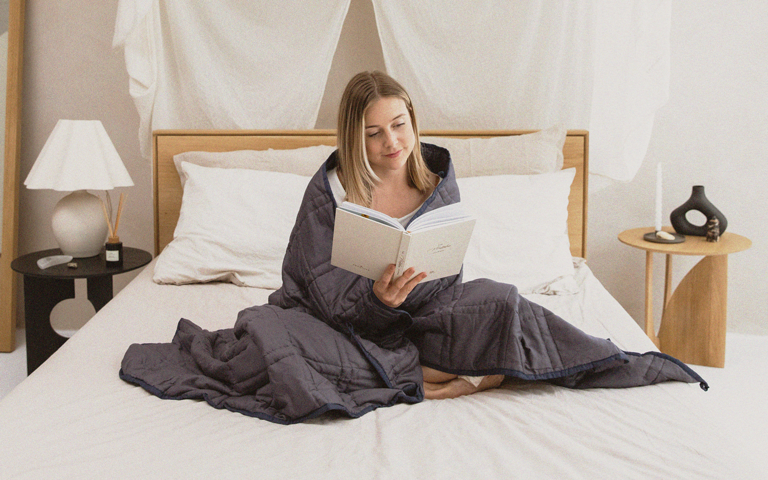All content with Tag: Member Stories
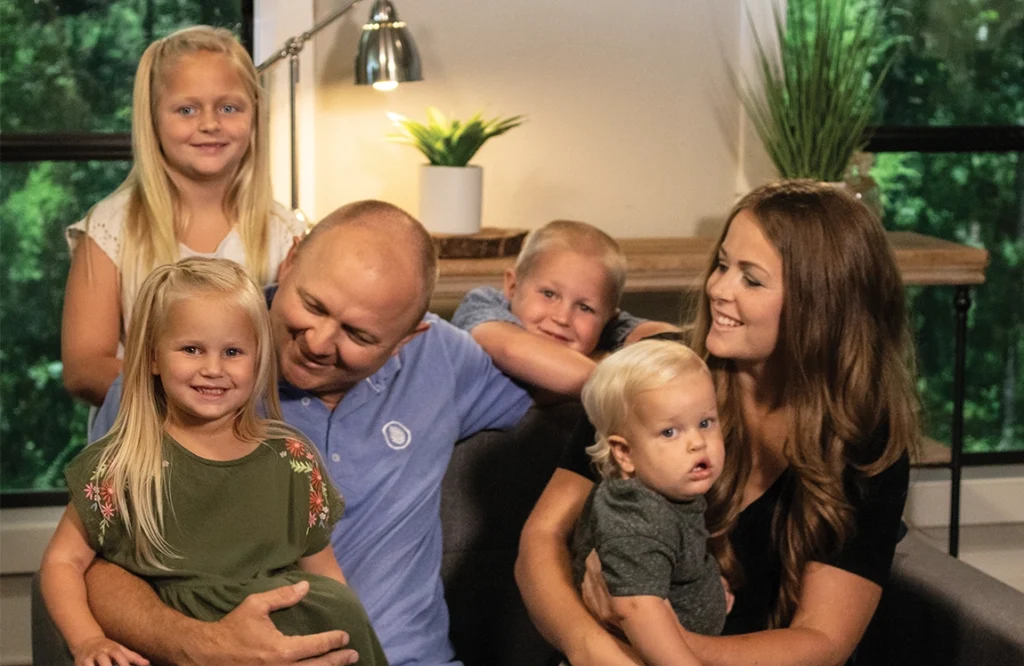 Toddler nearly drowns shortly after brother’s birth
Toddler nearly drowns shortly after brother’s birth07/02/23
Member Story: Jeffrey & Charis Olchesky, La Grange, Texas Total eligible bills: $136,479 …
Read More Reading Time: 8 minutes
 How a brain tumor highlights the faithfulness of CHM members
How a brain tumor highlights the faithfulness of CHM members07/02/23
Member Story: Sarah La Croix, Berwick, Maine Total eligible bills: $161,732 Provider discounts: …
Read More Reading Time: 2 minutes
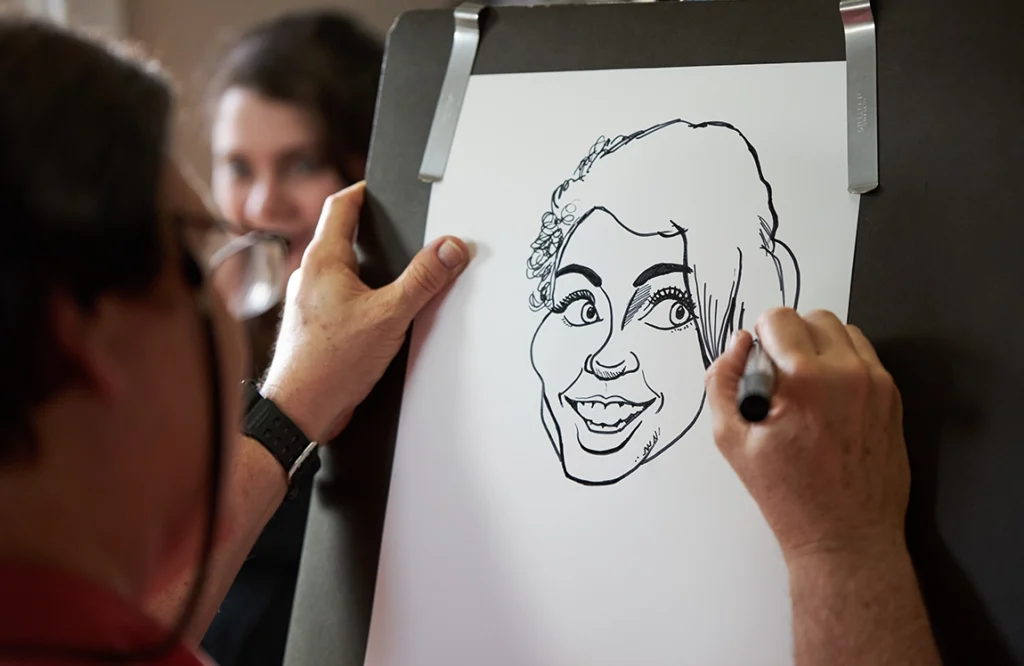 Drawn to God’s calling: artist supported by CHM family
Drawn to God’s calling: artist supported by CHM family07/02/23
Member Story: Dee Deloy, Orlando, Florida Total eligible bills: $68,689 Provider discounts: $31,570 …
Read More Reading Time: 3 minutes
 Top USA wrestler says "God will provide" thanks to CHM family
Top USA wrestler says "God will provide" thanks to CHM family07/02/23
Member Story: Michelle Ogden, Maitland, Florida Chloe, my daughter, is the No. 1 …
Read More Reading Time: 3 minutes
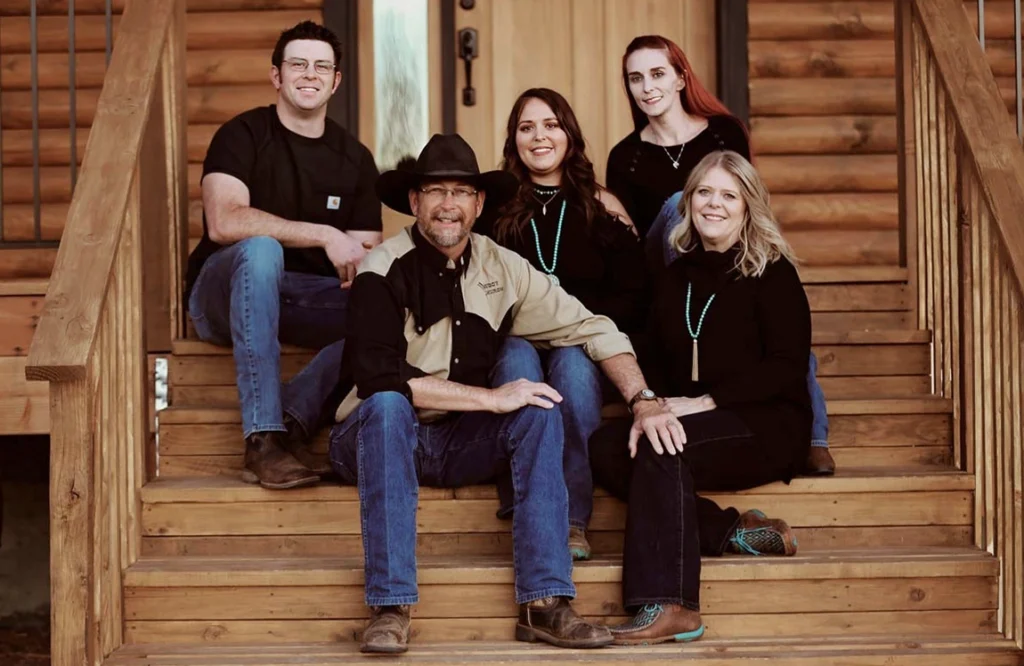 CHM frees pastors to answer God-given call
CHM frees pastors to answer God-given call07/02/23
Member Story: Monica Cook, Dewey, Arizona When I was a little girl, my …
Read More Reading Time: 4 minutes
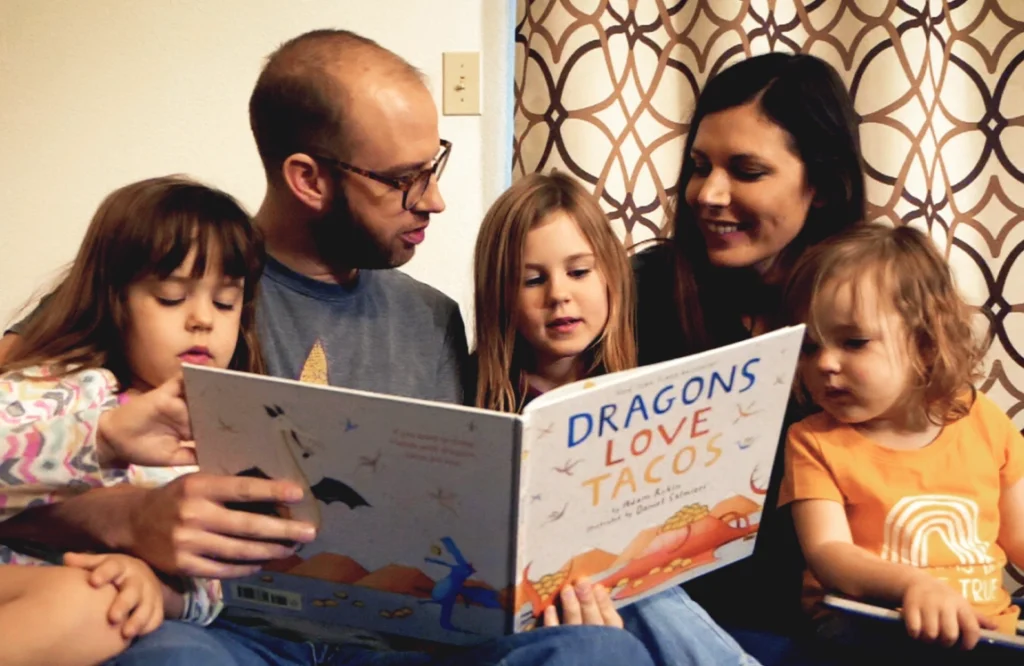 When a baby was born seven weeks premature, CHM shared 100% of eligible bills
When a baby was born seven weeks premature, CHM shared 100% of eligible bills07/02/23
Member Story: Amanda Burton, Springerville, Arizona Total eligible bills: $164,673 Provider discounts: $39,252 …
Read More Reading Time: 2 minutes
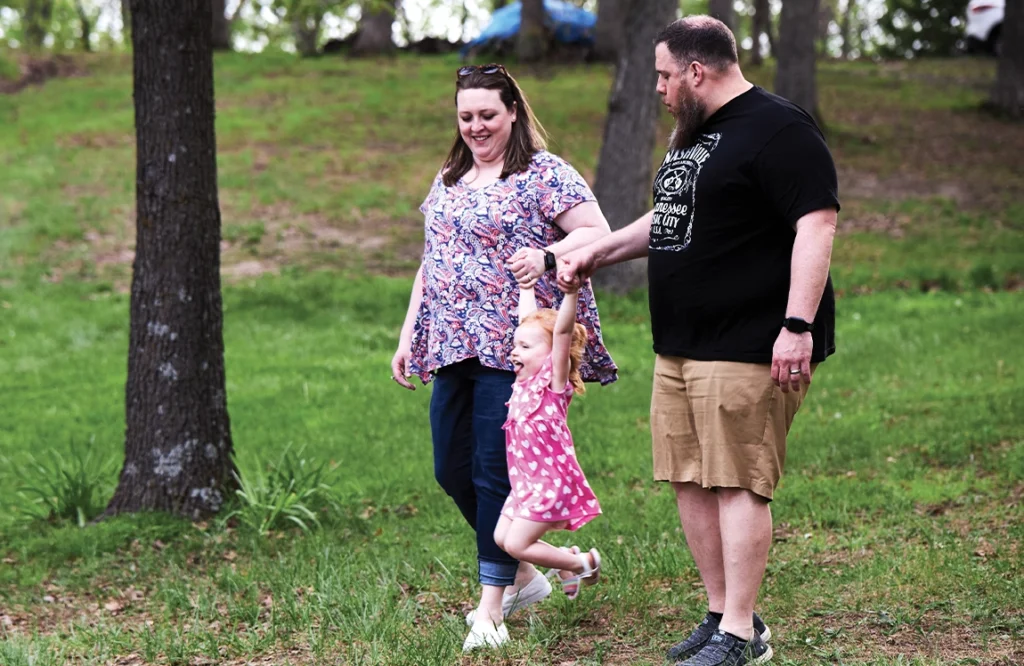 How the burden of a C-section and leukemia was carried by the CHM family
How the burden of a C-section and leukemia was carried by the CHM family07/02/23
Member Story: Emily Stieger, Macon, Missouri Total eligible bills: $1,238,456 Provider discounts: $728,843 …
Read More Reading Time: 3 minutes
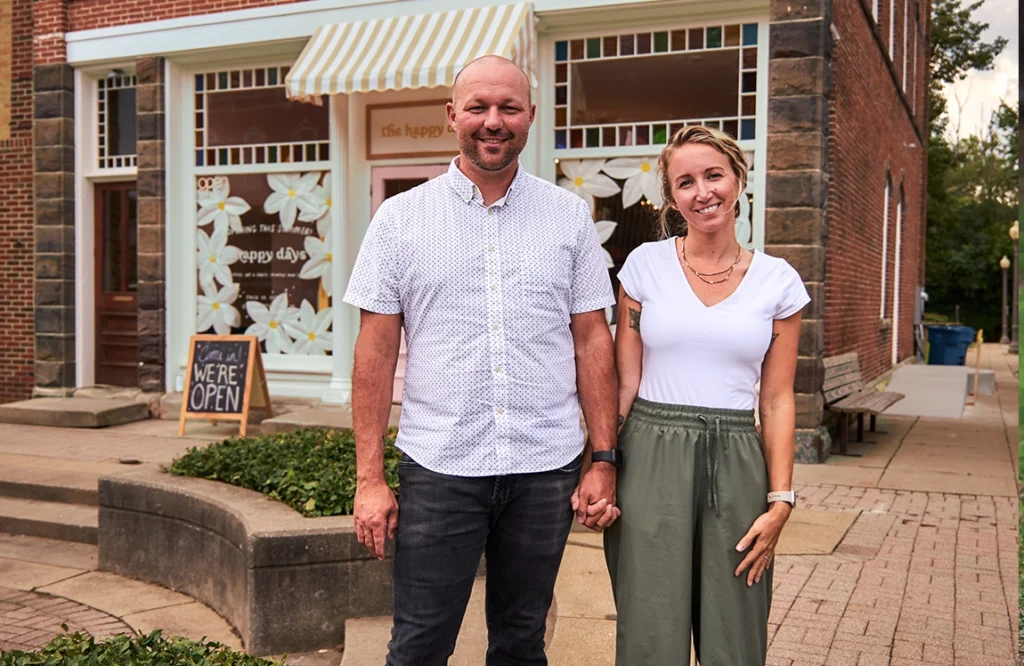 Entrepreneurial family says “We're so thankful for CHM”
Entrepreneurial family says “We're so thankful for CHM”07/02/23
Member Story: Michael Widuck, Canton, Ohio Total eligible bills: $62,006 Provider discounts: $22,710 …
Read More Reading Time: 4 minutes
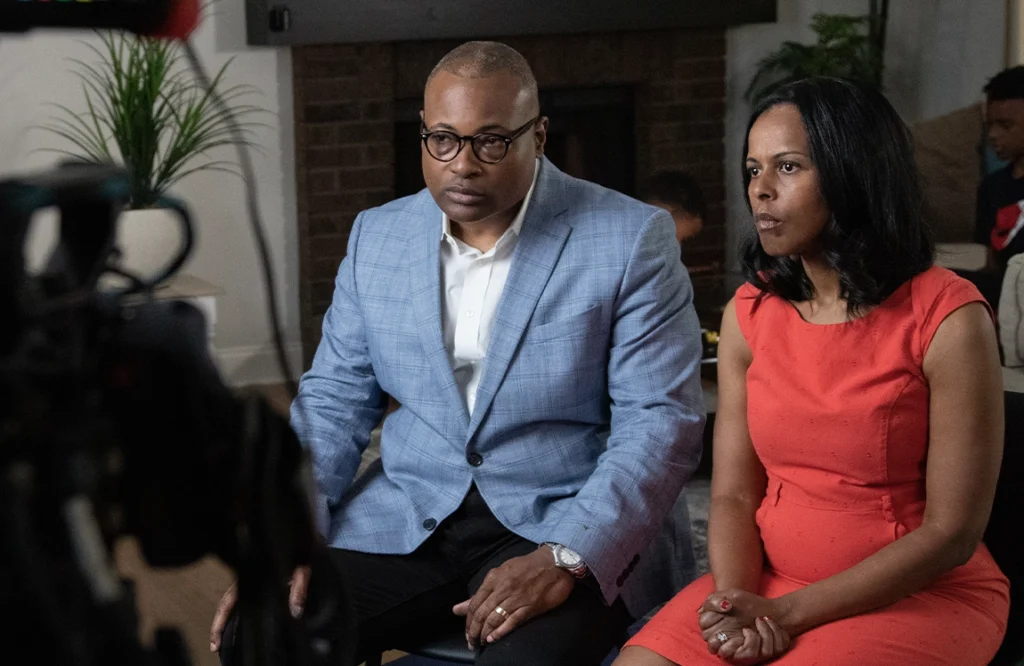 Self-employed member suffers high blood pressure, obtains 90% discount on hospital bill
Self-employed member suffers high blood pressure, obtains 90% discount on hospital bill07/02/23
Member Story: Mike Tisdell Lawrenceville, Texas Total eligible bills: $47,591 Provider discounts: $39,890 …
Read More Reading Time: 3 minutes
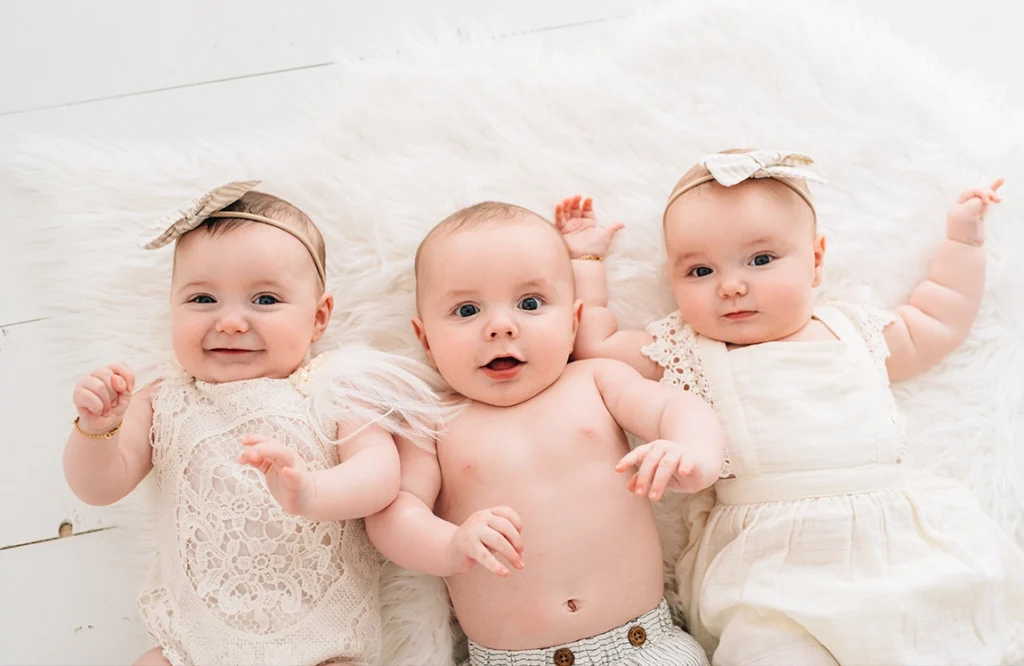 Mother of triplets says CHM is the "biggest blessing"
Mother of triplets says CHM is the "biggest blessing"07/02/23
Member Story: Cara Chatwin, Utah Total eligible bills: $612,845 Provider discounts: $254,613 Total …
Read More Reading Time: 3 minutes

